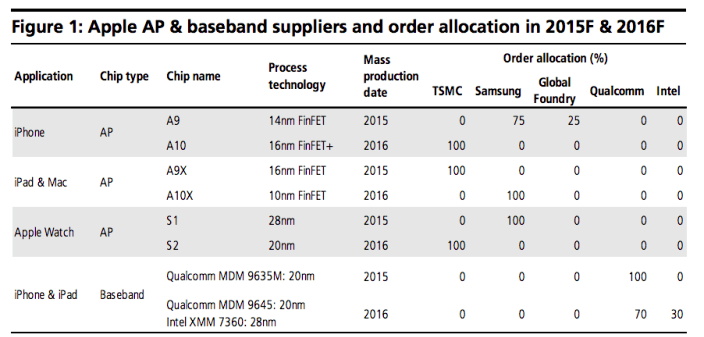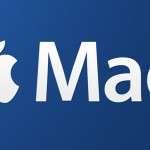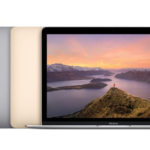Ming-Chi Kuo, a KGI Securities analyst, recently offered the prediction that Apple may be making a shift away from Intel to their own ARM-based systems-on-a-chip for future lower-end MacBook models. As reported by MacRumors, the prediction is based on the increasing power and capability that the A-series chips have to offer. The A8X can easily compete with Intel’s Atom processors and even the Core i3 line.
Apple has been rumored to be working on new ARM-based Macs and MacBooks for some time now, but so far we haven’t seen any definitive evidence that they are indeed entering mass production. It is not surprising that Apple is experimenting with MacBooks running on ARM instead of Intel, however. In fact, it’s to be expected.

Prototyping every possibility when it comes to future products should be considered good practice and we would be surprised, if not shocked, if Apple didn’t have the MacBook Air and other models sporting the A8X chipset in a basement somewhere in Cupertino. The same thinking goes for Macs with touchscreens, eye tracking, TouchID and other technologies that are possible but not yet implemented.
Moving away from Intel does have its drawbacks, however. The biggest hit will come from the fact that you will most likely lose Windows compatibility. Since the internals of today’s Macs are very similar to those of PCs, it is very easy to install and run Windows without any problems. The move to the A-series chipsets will likely see the end of BootCamp as we know it.
But the compatibility issues don’t stop there. Virtualization software like VMware Fusion, Parallels Desktop and VirtualBox all rely on that underlying Intel architecture to make their virtual machines speedy and easy to set up and use. So in that sense a move away from Intel will also disrupt any workflows that individuals and businesses using virtual machines have come to depend on.
The last area that might take a hit if Apple begins transitioning to their own chips will be games. Or more specifically game ports from Windows. Just like with the virtual machine conundrum, many games also rely on the fact that your Mac’s underpinnings aren’t all that different from a PC. Once the transition is underway, game developers will have a much harder time porting their titles to OS X.
It is important to understand that the question regarding the ARM transition is not “if”, it is “when”. As the A-series chipsets become more and more powerful, it makes more and more sense to begin the switch. Fortunately for consumers, Apple has already gone through two system architecture transitions (PowerPC and Intel) so the ride shouldn’t be too bumpy. In fact, the transition to Intel was one of the smoothest that the computer industry has ever seen.





